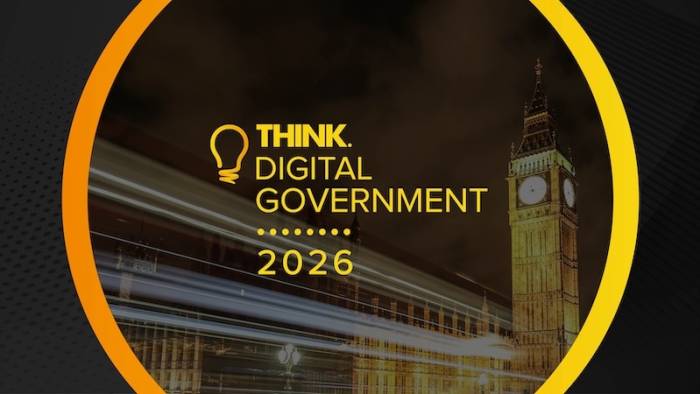Tech suppliers to the public sector – particularly in central government, defence and health – are in for a tough few months following Prime Minister Rishi Sunak’s decision to call a July 4 General Election, according to Georgina O’Toole, chief analyst at TechMarketView.

O’Toole contends that “uncertainty is a growth suppressant” and there be a slowdown in the UK public sector tech market down over the pre-election period. Post-election it will take time for any new policies to be implemented and new procurement activity to pick up, she added.
“The activities of Government will be stymied,” she said. “During that period, Ministers, whether in UK Government or in devolved administrations, remain in office and in charge of their departments but it is customary for them to observe discretion in announcing initiatives that are new or of a long-term character. As a result, many decisions are put on hold, and this will have a negative impact on demand for tech and related services over the period.
“Indeed, even before the General Election announcement, we had seen a level of caution in anticipation of an election later in the year. Moreover, it is our view that once a new Government is in place, it will take a while for new policies to be implemented and related tech procurements to be kicked off. As a result, we don’t expect the market to return to ‘normal’ until Q4 at the earliest.”
If you liked this content…
Making technology a policy priority
O’Toole said any political party in Government after the next General Election will be keen to make technology a policy priority.
“We have already witnessed Labour upping the number of its shadow cabinet members that are tech literate. All parties will have witnessed the positive impact that technology has already had on public services, from boosting productivity and, hence economic growth, to supporting an ageing population, to bringing down the cost of public services. The key now will be to knock down the barriers that are preventing faster adoption and greater impact, and to ensure that a platform is established to set new IT programmes up for success,” she said.
“The barriers to tech adoption in the public sector are well known by now, ranging from a lack of skills and technical competence, to outdated procurement processes, to difficulty moving away from a complex legacy estate. Of course, new Government policies will demand new tech to support them. But without getting to grips with the underlying people, process, and tech issues, it will be hard to move forward at pace.”











